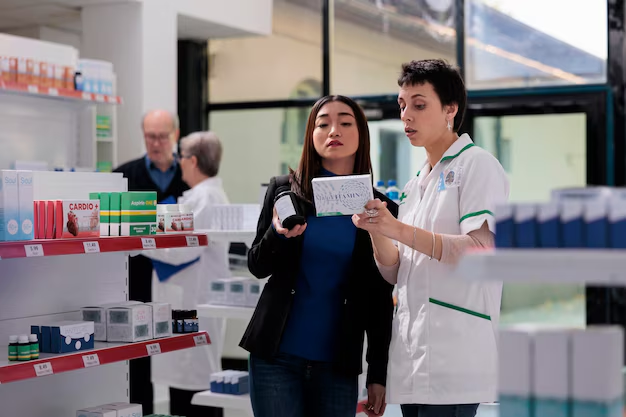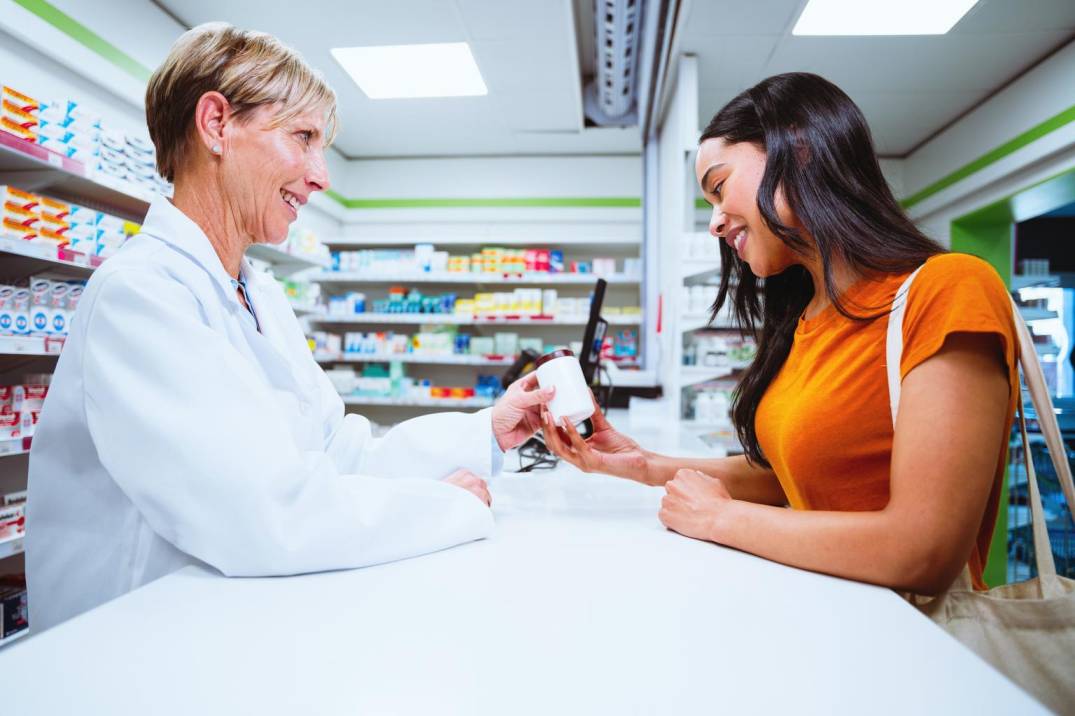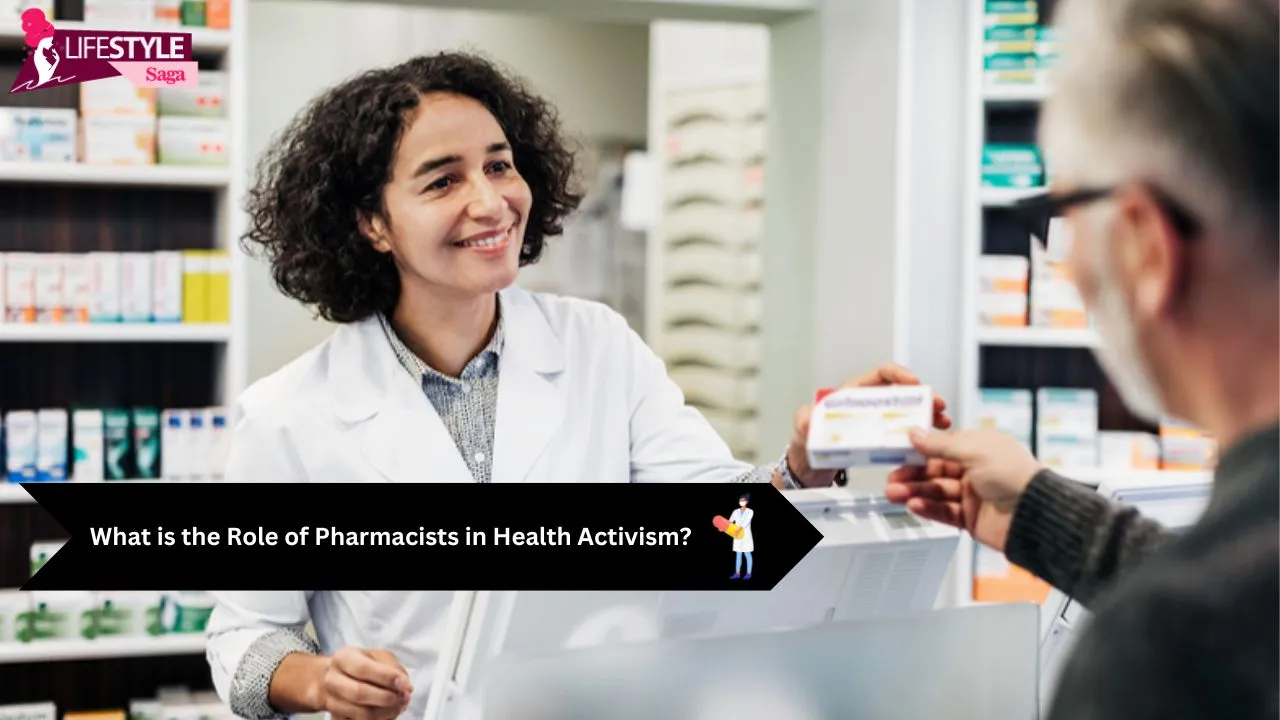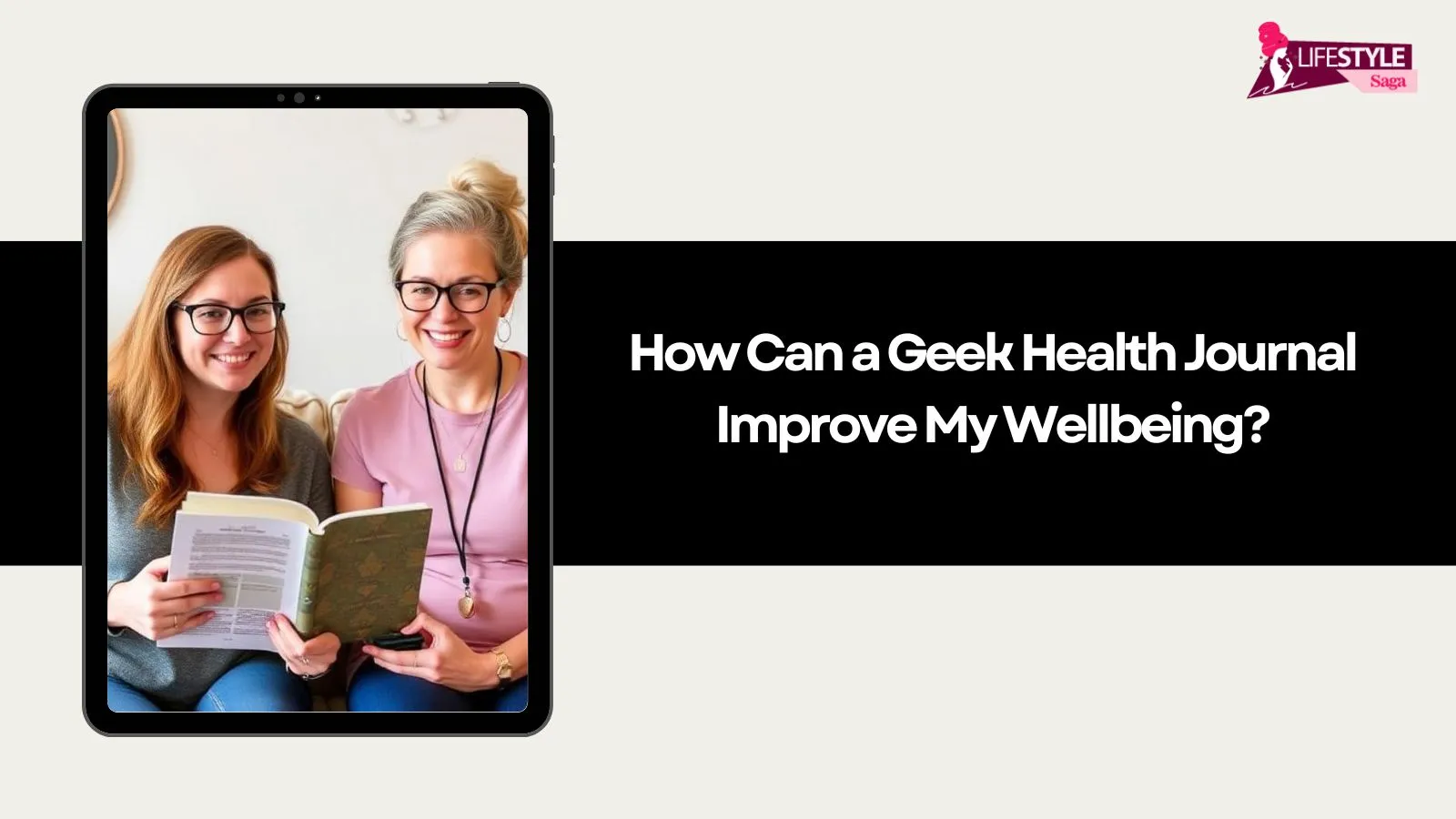In any community, Activist Relationship to Pharmacist is the most approachable medical experts. Pharmacists help people stay healthy by providing information and medications, which has an impact on the way healthcare is delivered. Along with gaining and educating new patients, pharmacists also help to develop product expertise.
In this changing context, the pharmacist's position appears to be evolving at a faster rate. Additionally, because of the advantages of over-the-counter medications, access to personal care products, and prescription pick-up locations, pharmacists are providing chances for businesses (marketers) and a measurable return on investment.
This article investigates the relationship between activism and pharmacy, looking at how activism affects healthcare procedures, how pharmacists contribute to social change, and how these initiatives affect the provision of healthcare.
A Historical Perspective

For some pharmacists, who wanted to do more than merely distribute a medicine, the quick growth of final dosage forms created a gap.
Providing more direct patient care than ever before and ensuring safe and appropriate pharmaceutical therapy are the two main responsibilities of Activist Relationship to Pharmacist.
Read Also: How Can a Geek Health Journal Improve My Wellbeing?
Pharmacists' Function in Healthcare
Since they advise patients and other medical professionals on safe drug use, pharmacists have traditionally been regarded as authorities in medication management.
Pharmacists specialists are likewise turning out to be more dynamic in tending to social determinants of wellbeing, which incorporate things like admittance to wellbeing administrations, training, and destitution that influence an individual's wellbeing beyond clinical treatment. As this role grows, pharmacists can find themselves more closely aligned with social organizations that aim to decrease inequities and improve access to healthcare.
The Pharmacist-Activist Relationship: An Expanding Partnership

Advocating for changes in healthcare systems, legislation, and society is the main goal of the activist engagement with pharmacists. In their endeavors to enhance social justice, public health, and equity, activists frequently advocate for changes that affect the way healthcare is provided, who is eligible for care, and which drugs are accessible to marginalized groups. Pharmacists can contribute significantly to these objectives thanks to their knowledge and special position in the Pharmaceutical ethics.
The same ideals of justice, fairness, and access are the foundation of this partnership between activists and pharmacists. Because they have the expertise and platform to affect changes in medication accessibility and public health initiatives, pharmacists are sometimes seen as a natural ally of activists calling for improved healthcare legislation.
Promoting Healthcare Equity
The advancement of healthcare fairness is one of the main effects of the activist connection with pharmacists. Universally, there is a difficult issue with medical services imbalances, remembering contrasts for admittance to physician recommended drugs, clinical benefits, and great therapy. Foundational issues that keep underserved bunches from seeking the treatment they require are in many cases the focal point of activists for civil rights and equivalent freedoms.
Pharmacists may play a crucial role in promoting healthcare changes by supporting these campaigns. They frequently work on the front lines, teaching patients about their rights, delivering drugs to marginalized communities, and advocating for policy reforms in the Activist Relationship to Pharmacist.
How Activism Affects Pharmacists' Function in Healthcare?
As healthcare changes, pharmacists' involvement in activism and public health advocacy is expanding. The activist-pharmacist partnership has grown to encompass supporting social problems that have a direct bearing on patient health as well as advocating for improved healthcare procedures and patient rights. The following are some ways that activism influences pharmacists' roles in healthcare:
Reform and Policy Advocacy
Pharmacists specialists get the opportunity to take part in policymaking processes, particularly on the off chance that they are individuals from proficient bodies. Through promotion, they can influence administrative and administrative designs that influence drug appropriation, administration repayment, and the accessibility of medical services for burdened gatherings.
To make sure their suggestions are taken into consideration and to promote systemic changes in healthcare systems, activists may collaborate closely with pharmacists.
Together with activists, pharmacists push for reforms to public health regulations pertaining to insurance coverage, cost, and access to healthcare, making sure that underserved populations are taken into account.
Must Read: Disease Prevention Introduction And Vocab: A Comprehensive Guide
Pharmacists' prospects in public health
Pharmacists will face new difficulties and possibilities as time goes on. We need to effectively overcome a number of obstacles in order to keep doing our part to safeguard the public's health. In order to accomplish it, pharmacists must:
Conform to a medical services industry that is continuously developing. Drug specialists should be adaptable and comprehend how to fulfill client assumptions. Drug specialists would be supposed to offer virtual types of assistance in light of the Coronavirus pandemic's rising requirement for telemedicine.
Stretch out your training to oblige the rising requirement for clinical treatment. Spending on drugs is anticipated to increment for a long time to come because of a maturing populace and advances in prescription assembling. To satisfy this developing interest, drug specialists should ensure that prescriptions are utilized suitably, increment wellbeing programs, especially in oppressed locales, and make MTM and pharmacogenomics more accessible to patients who are most in danger for negative wellbeing results. Drug specialists can further develop medical care access and lower generally speaking expense by really beating these impediments.
Public Health Education Expansion

Another area that may be greatly impacted by the activist connection with pharmacists is public health education. Pharmacists can provide health education to patients and communities on topics such as drug management, healthy eating, and Activist Relationship to Pharmacist.
Pharmacists can assist improve health outcomes and increase knowledge of social health concerns by working with activists to spread these public health messages to larger and more varied communities.
Pharmacists may also empower patients to advocate for themselves and take charge of their health decisions by educating them about their rights with relation to access to healthcare and drugs.
Addressing Health Inequalities
Addressing the underlying causes of health inequities is another way that the activist engagement with pharmacists affects healthcare. Activists frequently concentrate on problems that lead to poor health outcomes, such as systematic racism, housing, education, and income inequality.
By providing resources, serving underprivileged areas, and serving as intermediaries to link impoverished people with healthcare services, pharmacists may aid in these initiatives.
Pharmacists can also work with activists and neighborhood associations to create outreach initiatives that focus on high-risk groups, such those who reside in food deserts or lack health insurance. These initiatives can lessen the health inequalities brought on by a lack of access to quality medical care and role of pharmacist transforming global health.
Bringing Diversity and Harmony Together
The Medical University of South Carolina's assistant professor, chief diversity officer, and Title IX coordinator, Dr. Willette Burnham-Williams, spoke on the disparities across generations in the workplace. Prior to the conference, she had her youngest team member evaluate her presentation. He instructed her to alter the title, emphasizing that the discussion was about inclusivity and the meeting of generations rather than a collision. She therefore spent less time categorizing generations based on their differences and more time finding points of Activist Relationship to Pharmacist.
Expressing the Importance of Pharmacists
AACP urged guests to contribute tales that deserve attention as the Pharmacists for Healthier Lives campaign establishes a strong national network to help improve pharmacists' perceptions and have their voices heard in the media. Pharmacists took the stage to tell tales of student-run pharmacies, faculty members who were featured in the local news, students who were enrolled in state preparedness training, initiatives to highlight pharmacists' availability for vaccinations, and the introduction of telepharmacy to communities without access to medical care.
Safety and Pharmaceutical Care
One of the primary responsibilities of pharmacists in public health is to ensure the safe and efficient use of medications. In addition to offering dispensing and education services, we will conduct expert medication evaluations, validate resident drug allergies, look for possible opioid abuse, transcribe scripts, monitor side effects, and determine appropriateness based on predetermined standards.
Immunizations and the Prevention of Disease
Pharmacists specialists assume a pivotal part in advancing immunization and forestalling the spread of irresistible diseases locally. They are able to give occasional and normal antibodies, like flu, pneumococcal, or lockjaw portions. By giving fair admittance to immunizations and supporting inoculation mindfulness drives that forestall antibody preventable diseases, drug specialists can assist with building local area insusceptibility.
You May Also Like: Anabolic Steroids Health Effects: Comprehensive Health Overview
Awareness and Advocacy for Health
They also function as instructors and promote public health campaigns. Drug specialists help individuals better deal with their wellbeing and go to deterrent lengths that can assist them with keeping away from illness by offering wellbeing courses, wellbeing screenings, and local area outreach drives.
Expertise of Pharmacists to Increase Immunization Rates

Context
A neighborhood drugstore launched a cooperative vaccination program with community groups and healthcare practitioners after realizing how critical it was to address this public health issue.
The Intervention
Under the direction of pharmacist Jane, the pharmacy adopted a multipronged strategy to raise vaccination rates and encourage community trust in vaccines:
Campaign for Vaccine Education
To expose legends and misguided judgments about immunizations, Jane drove a mission to teach individuals about them. Jane tended to worries and gave individuals the devices they expected to arrive at instructed conclusions about their wellbeing by scattering legends about inoculation security and viability through local area studios, instructive materials, and online entertainment outreach.
Increased Vaccine Access
The pharmacy expanded its immunization administrations to incorporate a more noteworthy assortment of inoculations exhorted by the Communities for Infectious prevention and Counteraction (CDC) in the wake of acknowledging how essential openness is to supporting immunization take-up. By guaranteeing that vaccinations were effectively open during broadened drug store hours, Jane eliminated obstructions to get to and further developed local area individuals' comfort.
Partnerships for Collaboration
To coordinate activities and optimize effect, Jane established strategic alliances with neighborhood organizations, public health organizations, and healthcare providers. In order to identify high-risk groups, target underprivileged neighborhoods, and vaccinate people of all ages, Jane and her team collaborated with medical experts to organize outreach activities and vaccination clinics.
Individualized Guidance
Jane drove the work by offering patients individualized guiding and immunization conferences, noting their concerns and addressing their requests in regards to the wellbeing, adequacy, and antagonistic impacts of antibodies. Jane enlivened confidence in immunizations and gave individuals the devices they expected to shield themselves and their friends and family from ailments that might be forestalled by immunization by building compatibility and entrust with patients.
Enhanced Uptake of Vaccines
The drug store saw an outstanding ascent in local area individuals' immunization take-up because of centered outreach drives and expanded antibody openness. To bring down the risk of flare-ups and further develop local area invulnerability, inoculation rates for sicknesses that might be forestalled, like flu, measles, and pertussis, surpassed public standards.
Improved Cooperation Relationships
Increased interaction with the pharmacy, medical professionals, and community groups was facilitated by this activity; this cooperation might serve as the foundation for other public health projects. Through this synergy, stakeholders were able to pool resources and expertise to address public health issues and enhance everyone's health.
Long-Term Effects
The substantial contributions made by pharmacists to the vaccination program's success demonstrated the potential for pharmacists to act as primary care physicians in public health initiatives. In order to guarantee that such initiatives would be long-lasting and community-driven in favor of improved health, Jane developed a plan for forming such partnerships that served as a model for Activist Relationship to Pharmacist.
Read Also: What to expect after the first Wegovy injection?
In conclusion
The activist-pharmacist interaction is a new and important aspect of contemporary healthcare. Improving healthcare accessibility, advancing social justice, and addressing health inequities are shared objectives of activists and pharmacists.
They can propel arrangements together. This would work on the availability and cost of drugs, increment public comprehension of financial issues that influence wellbeing, and give oppressed networks admittance to fundamental medical care administrations.
In light of their extraordinary information on medications and patient consideration, drug specialists are strategically set up to work with activists to achieve tremendous change in the medical services framework.
FAQs
How do pharmacists help society?
These medical experts are essential in ensuring that medications are used safely and effectively, raising public knowledge of health issues, and fostering communication between patients and doctors.
What are the 7 stars pharmacists?
The "seven-star pharmacist" idea was first presented by the World Health Organization in 1997. It included the several tasks that a pharmacist must play, including those of caretaker, decision-maker, communicator, manager, lifelong student, teacher, and leader.
What is a pharmacist in relation to his profession?
A pharmacist is a medical practitioner who makes and administers drugs to alleviate ailments and enhance patients' quality of life. Discover the steps involved in becoming a pharmacist and the career options available to you after receiving your pharmacy degree. A rewarding and successful career may be had as a pharmacist.
Who has a strong working relationship with a pharmacist?
When the pharmacist and the patient's doctors have a productive collaborative working relationship (CWR), activities like disease status management and MTM delivered by the community pharmacist are improved. Collaboration between pharmacists and doctors has been shown to offer potential advantages.
What are the 5 pillars of pharmacy?
- Integration of Care Teams.
- Using pharmacy technicians.
- Pharmacist Training and Credentialing.
- technology.
- Leadership in the Use of Medication.








